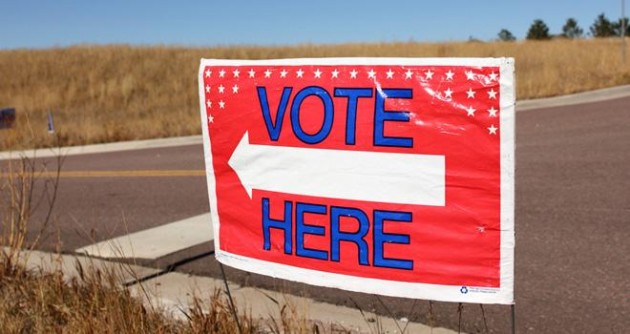
Last year our state legislature approved a measure requiring residents to show a photo ID in order to vote.
Although a July 2010 poll found that 92% of Tennesseans approve of such a measure, the small minority of citizens who oppose this commonsense legislation to ensure fair elections in our state have continued to express their dissent and make false claims about the provisions of this new law.
Liberal pundits have accused the law and its Republican sponsors of “waging war on the poor,” while leaders of the Tennessee NAACP have accused the law of being essentially racist and seeking to remove the protections offered to minority voters through the Voting Rights Act of 1965.
All of these claims are wildly irresponsible and categorically false.
It makes perfect sense that you should have to be who you say you are in order to vote.
Everyday tasks such as renting a car, boarding an airplane, or even obtaining a library card have long required an individual to properly indentify themselves. Logic dictates that the voting process should be at least equally secure.
We know that voter fraud has historically been a problem in the state of Tennessee.
For example, in Senator Ophelia Ford’s 2005 election that she won by 13 votes, names of the deceased, as well as convicted felons, were found on the voter rolls and a handful of additional votes were counted from individuals living outside Ford’s district.
If you are not familiar with Senator Ford, or just need a good laugh, YouTube search her. That is what happens when we do not protect the integrity of the ballot box.
This law takes steps to remedy this problem. It ensures that every legitimate vote is counted and it has been carried out in a way to provide fairness across the board.
Prior to the law taking effect, election officials hosted informational meetings about the new measure in all of Tennessee’s 95 counties.
Additionally, drivers’ license service centers across the state expanded their hours to provide the photo IDs, which are issued at no cost, on Saturdays.
Furthermore, individuals who did not have a valid photo ID with them upon voting in the March 6 election last week were able to cast a provisional ballot and return with their photo ID at a later time.
The law also provides exceptions for individuals in long term care facilities and those with religious objections to being photographed.
The new photo ID law does not equate voter suppression.
This measure does not discriminate against African Americans, as the NAACP has untruthfully suggested, or against the poor, senior citizens or anyone else for that matter, except those who attempt to commit voter fraud.
The talking heads on the far-left who oppose this law are grasping at straws and organizations such as the NAACP, which continue to recklessly spread misinformation about the law, owe the bill’s sponsors and the voting public an apology.
State officials have not only a right, but also an obligation to provide for fair, honest elections.
This law finally accomplishes that responsibility and protects the legitimate vote of every Tennessean.


